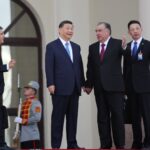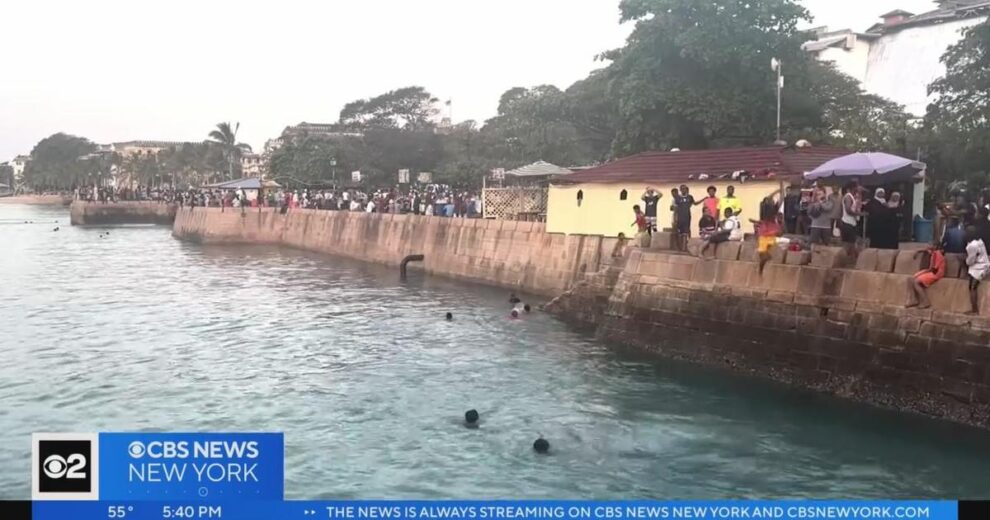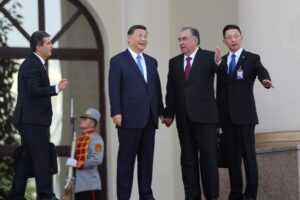The tug-of-war between progress and preservation is one of civilization’s oldest challenges, even seen today in New York City. Countries like Tanzania are working to develop opportunities for people while protecting wild spaces.
The tug-of-war between progress and preservation is one of civilization’s oldest challenges, even seen today in New York City. Countries like Tanzania are working to develop opportunities for people while protecting wild spaces.
Tanzanian people living in poverty often get creative to make ends meet. Safari guide Otto Mlanda with Gecko Adventure says humans can learn a lot from the lion about the importance of partnership.
“They effort together to get something, and once they get something, they share,” Mlanda explained.
Spice tours on Tanzania’s island of Zanzibar show how locals utilize every natural resource available, like using tree sap as an antiseptic and leaves as bandages.
Some of the men working on a spice farm might make a dollar a day, depending on tips from tourists and sharing what they need with each other.
On the mainland, the road to the Serengeti remains paved by nature, but animals are not the only inhabitants. Hillsides dotted by huts mark where members of the Maasai tribe live with their own cattle alongside wild herds, helping patrol for poachers. This unique allowance shows one of many efforts underway to solve the problems of today.
“They’re employed by the government,” Mlanda said, “and our government is trying to give them a lot of money, a lot of accessories.”
Summer 2022 marked the start of a five-year sustainable development plan to achieve 17 goals identified by the United Nations, focusing on conserving the landscape, enabling healthier lives and strengthening livelihoods.
UN resident coordinator Zlatan Milisic says Tanzania has already made farther advancements in these commitments than neighboring countries.
“This is one of the governments on the continent which is really investing visible resources to some sort of social economic development of the communities,” Milisic said.
Women collecting seaweed on the shores of Zanzibar show one example of enhanced gender inclusivity in the workforce. Opening opportunities for girls of the next generation is among the top priorities. While a stable society allows for these advancements, Tanzania’s tourism drives the efforts, and the entire economy.
“Industrialization is important and needed, but it doesn’t come without certain costs, especially costs to the environment,” emphasized Milisic.
Milisic says 70% of recent natural disasters in Tanzania were caused by climate change. That is why activists around the world are working to find new ways to solve this global crisis.
“Payment referrals for countries that are hit by climate disasters or, you know, payments for losses and damages that are being discussed from richer countries to poorer countries, these are really important new ways of thinking,” said Dr. Ana Luz Porzecanski, director of the American Museum of Natural History’s Center for Biodiversity and Conservation, which encourages visitors to care about their impact on animals.
“When we talked about herds, we used to think about these kinds of herds,” Porzecanski added, gesturing to the landscape of stuffed antelope and wildebeest in the display behind her, “but now we think about ourselves, humans as herds. And I think the ultimate herd immunity really comes from addressing social development, health and environmental concerns together.”
Building a future involves all of us, just as Tanzania’s wild landscapes support life in so many ways.
“It’s something a lot of Americans come to see and visit, and they’re also part of our culture, so why not protect it?” Milisic mused. “It’s much cheaper than many other things we’re investing our resources in.”
Source: cbsnews











